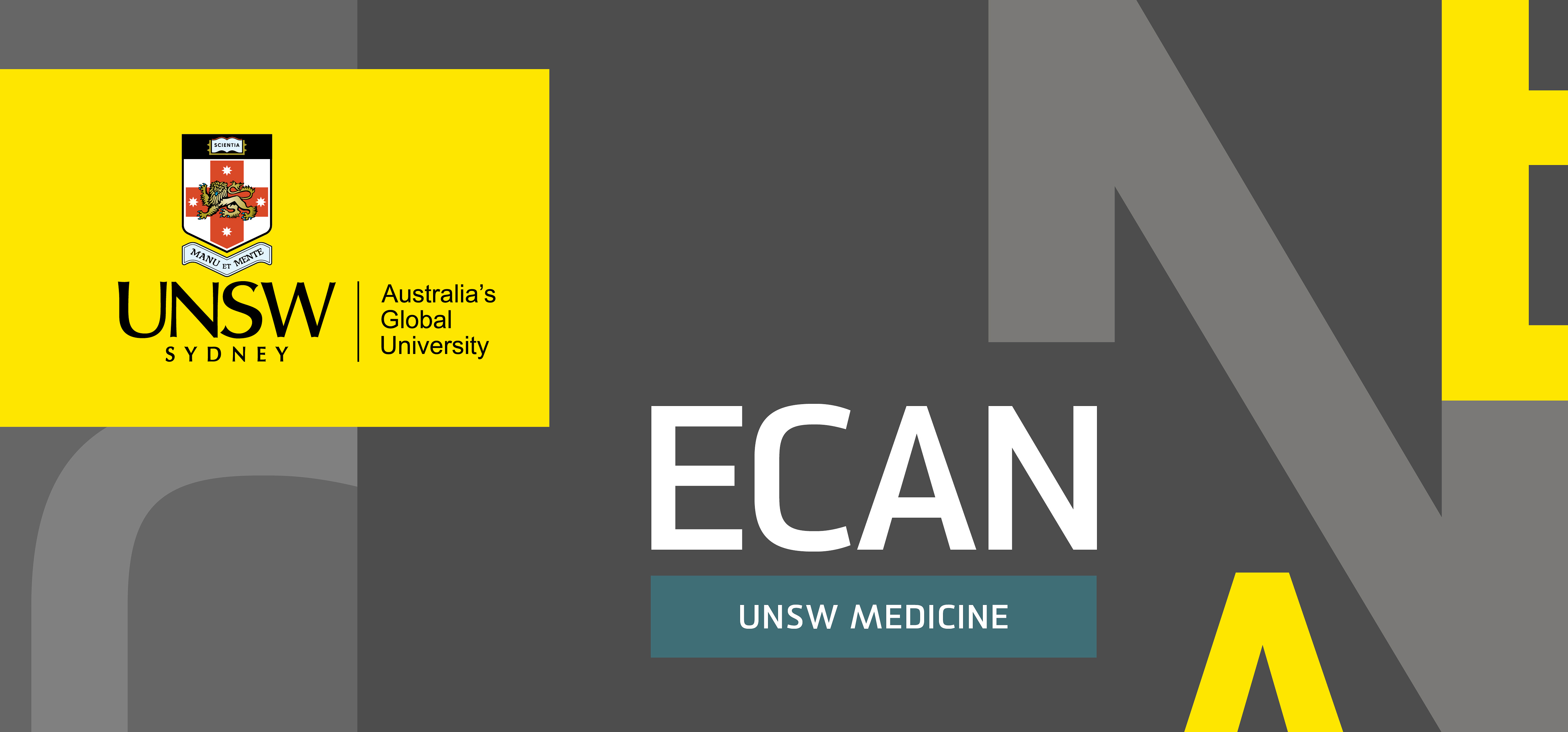Medicine & Health ECAN committee has ECAs from different departments within the Faculty of Medicine & Health. So, engaging with us is easy. Email us at medECAN@unsw.edu.au or contact us individually.
Congratulations to the recipients of the Med ECAN Travel Grants!
We had many amazing ECRs submit applications for consideration for these grants and we are happy to announce the following recipients:
- Dr Ursula Sansom-Daly, who presented "Do young people who survive cancer identify as 'survivors'? Prevalence and predictors of cancer-related identities among adolescents and young adults following cancer" and "When, and how, should we talk about palliative care concepts with adolescents and young adults with cancer? Results from an international Delphi study" at the 56th Annual Congress Of the International Society of Pediatric Oncology 2024 in Hawaii, USA
- Dr Zhaoli (Joy) Dai-Keller, who presented "The role of lifestyle patterns in mortality risk in older adults with multimorbidity" and participated in a round table discussion regarding "A systematic review of diet and medication use among centenarians and near-centenarians worldwide" at the American Public Health Association Annual Conference in Minneapolis, Minnesota, USA
- Dr Daisy Shu, who presented "Dimethyl Fumarate (DMFu) inhibits pathological angiogenesis and increases glycolytic capacity in retinal endothelial cells" at the Annual Meeting of the Association for Research in Vision and Ophthalmology in Seattle, Washington, USA
- Dr Rehana Hewavisenti, who presented "CD4+ T-cell tissue lymphopenia in human-papillomavirus-driven anal dysplasia in people living with human immunodeficiency virus" at the 7th European Congress of Immunology 2024 in Dublin, Ireland
We would like to congratulate the following five early career academics who were selected as winners of the 2024 Med & Health ECAN Best Research Paper Prize.
- Basic Science: Steffen Docken “Preferential selection of viral escape mutants by CD8+ T cell ‘sieving’ of SIV reactivation from latency”
- Clinical Medicine: Md Shajedur Rahman Shawon “Real-world evidence on the association between cardiac implantable electronic device infection and all-cause mortality”
- Public Health: Ye Zhang “Pay-it-forward incentives for hepatitis virus testing in men who have sex with men: a cluster randomized trial”
We are also deeply impressed by the high quality of impactful work that was presented by the Med ECAN members. Wishing you all a Merry Christmas and a Happy New Year.
|
|
Subscribe to the ECAN mailing list
Email us at: medECAN@unsw.edu.au
|
Follow us on Twitter |
|
Join us in Teams |

